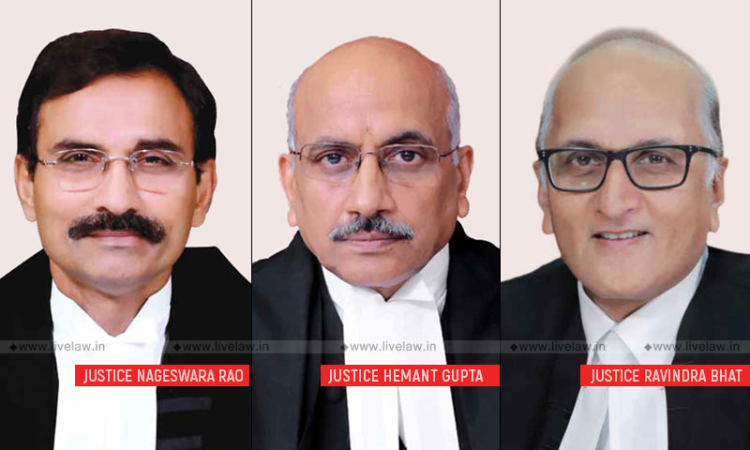Hearing the challenge to the Tribunals Reforms (Rationalization and Conditions of Service) Ordinance 2021, the Supreme Court on Wednesday asked whether, by passing an Act or Rules or an Ordinance, the Legislature and the Executive can tinker with directions of the court under Article 142; whether, when considering an issue of policy, the Parliament is competent to make a law and deter...

